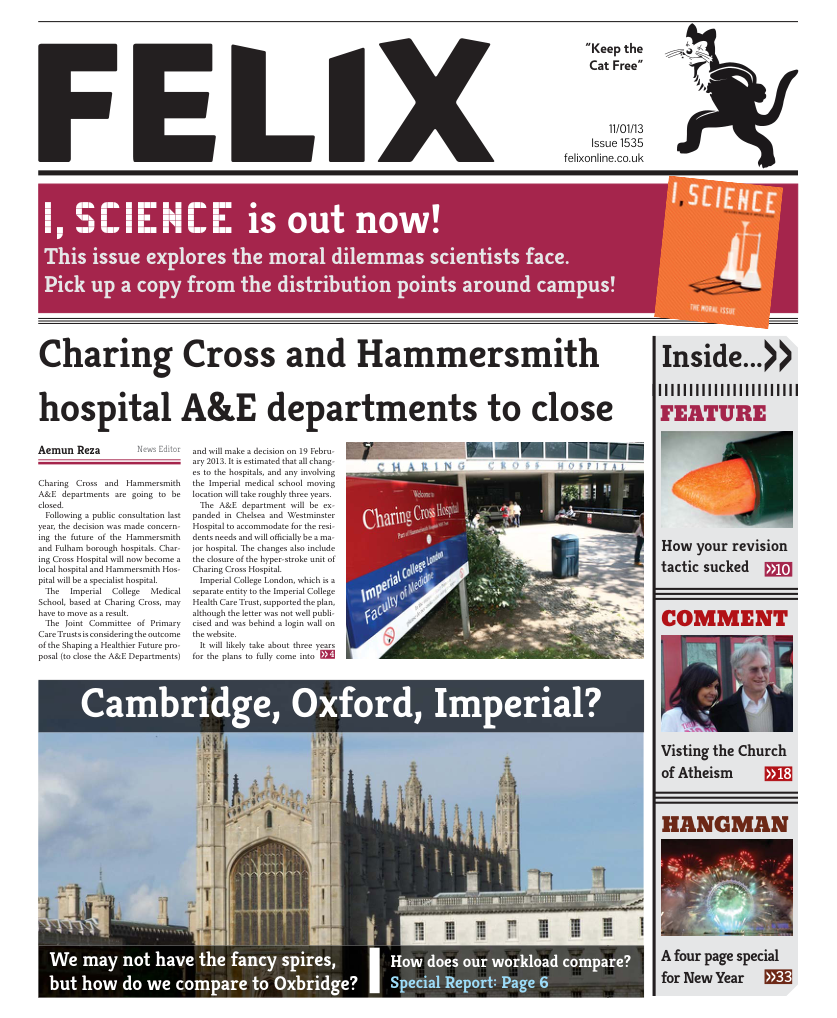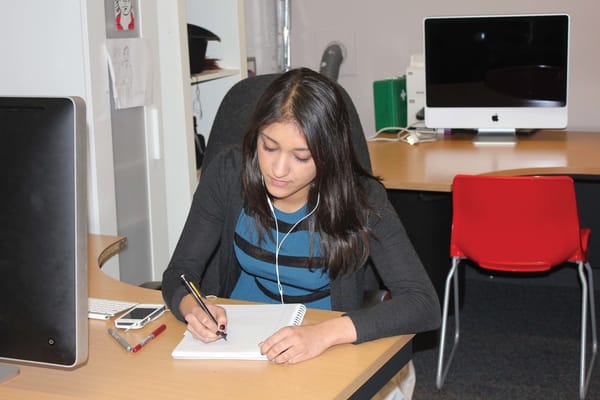Our workload woes
Matt Proctor compare us to Oxbridge to see who works harder
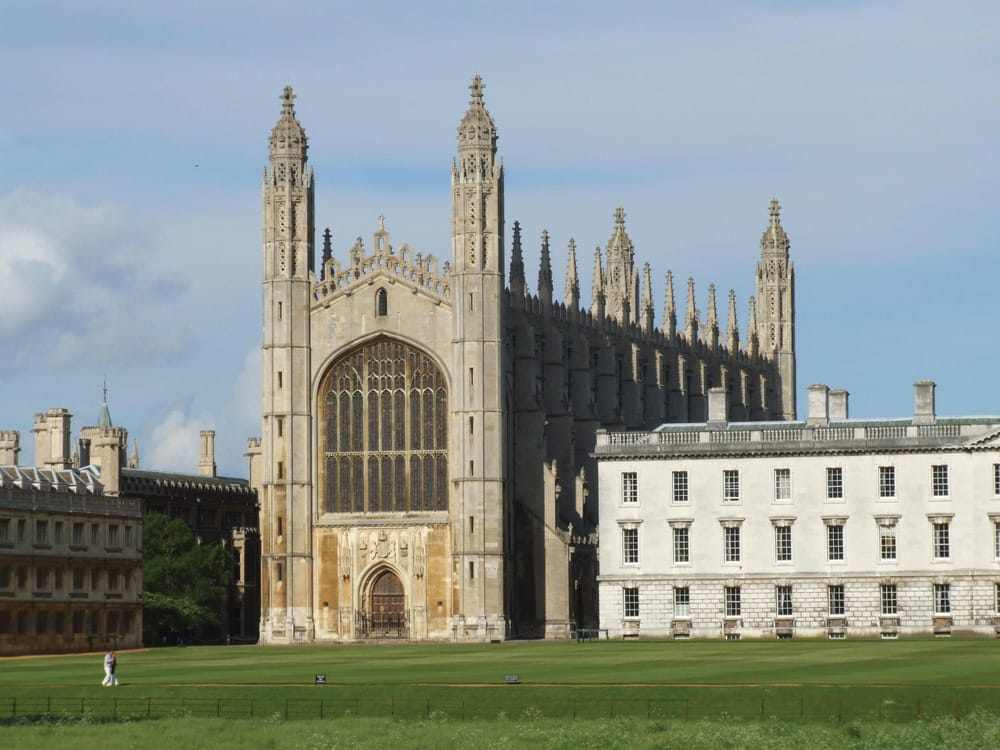
As students of Imperial College, we often regard ourselves as some of the hardest worked students in the country. A quick Google search reveals many students’ reviews of their time at Imperial. One such review on a website called WhatUni.com, which offers advice to those applying to University, from a former Physics student says:
“The most imporant piece of advice I can give you is that if you come to Imperial you need to work HARD.”
Another review from a CivEng student says:
“[The College] set so much work for the sake of it, and really do not care about you but instead only about their own reputation... Way too much work…”
Also,
“The boy girl [ratio] is a complete joke. It is bad enough being at 68:32 but when you look at the standard of girls you would cry”
But that’s for another article...
Are these damning reviews at all true? We may spend the odd night too many in the Library, but how do we actually compare with the likes of Oxford and Cambridge when looking at compulsory work hours?
Arguably, as members of the Golden Triangle (an unofficial group of the leading universities in the UK, consisting of Oxford, Cambridge and London-based universities including Imperial and UCL), we should expect contact hours, such as those spent in lectures, to be roughly the same. Let’s look at the average number of contact hours per week for first year students.
Surprisingly, for three of the four subjects listed (Physics, Medicine and Biology), Imperial has far fewer contact hours than Oxbridge.
Physical Natural Scientists at Cambridge have almost twice as many contact hours as Physicists do at Imperial. Not only that, but both Oxford and Cambridge have almost twice as many lab hours. It could be said that lab work is an incredibly important part of a Physics degree and the techniques learned in practical sessions are incredibly valuable throughout a physicist’s career, especially if they continue on to do research. The thing is, most first year physicists at Imperial, including myself, think that we have too many lab hours each week (perhaps the content, not the lab hours, needs an overhaul). It’s not as if our course is more theoretical either, because both Oxbridge courses have more lecture hours too.
Mathematicians at Imperial get a slightly better deal, with the same number of contact hours as those at Oxford as well as more hours of lectures than both other universities. Cambridge students have four hours of tutorials or ‘supervisions’ each week whereas Imperial students only get one hour. A first year maths student who studies at Imperial and wishes to remain anonymous questions the merits of tutorials however, “I think if you have a good tutor they can be really helpful but sometimes I think tutorials with older pupils might be more helpful because they still remember going through the process of learning the concepts themselves.” About computing sessions, which Cambridge students miss out on, “They’re tricky but quite interesting… if a little time consuming.” Another maths student, Eamonn Postlethwaite, agrees, “Even though we have only two hours of compulsory computing contact hours a week, it’s probably the most individually time consuming one of our modules because of the nature and relative difficulty of the coursework.”
Medicine is a similar story to Physics, with Oxbridge medics having many more practical hours than those at Imperial. However, unlike those at Oxbridge, medics here get the chance to meet patients in their first year. Lottie Whittingham, a first year medic at Imperial questions the benefits of this, “I’m not entirely convinced of the value of seeingpatients, other than for motivation.” She is unperturbed however by the unequal practical hours, “I think they’re more suited to a course which frequently leads to research rather than clinical practice… I don’t think it makes you a more competent doctor, they are more just to aid understanding.” Melanie Coates, another medic, disagrees. She explains why she believes patient interaction is important, “It keeps all the science and theory you’re doing in lectures relevant to becoming a doctor.”
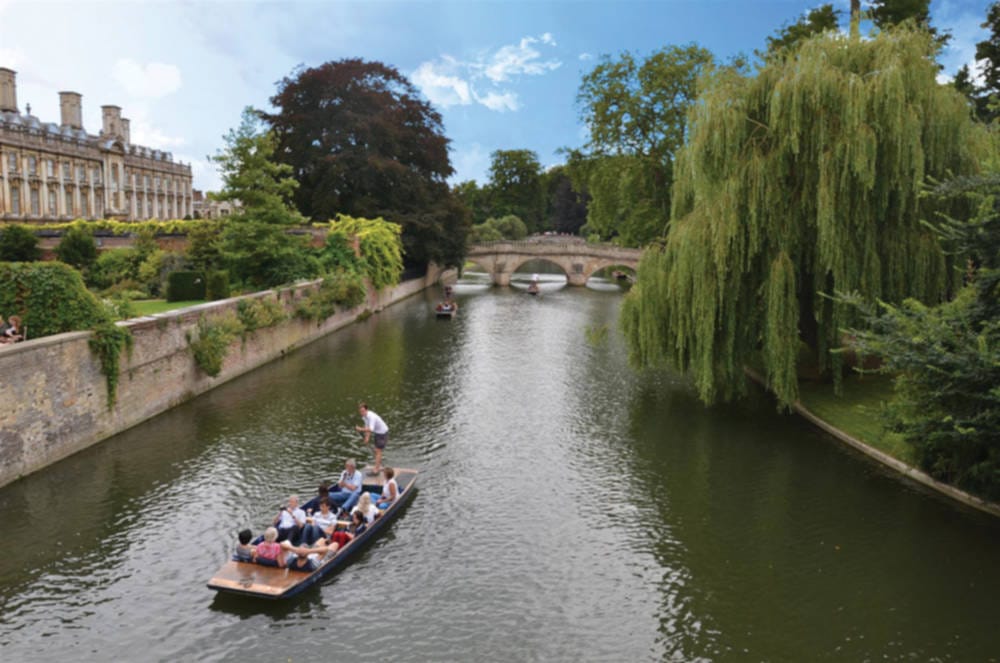
Biology, a traditionally lab-based subject, suffers the same problems that Physics does: very few lab hours and tutorials. Ryan Cooke, a Biology student, still finds that he has a lot of work to do: “Note-taking is engulfing” but questions whether a degree from Imperial is really worth the high fees when compared to Oxbridge, “I feel cheated out of my £9000… and relieved I don’t have that many hours [as Cambridge] but cheated! A sour breeze rolls over my relief!” Of course, this opens up a whole other debate about whether the high cost is justified, but other factors such as employment prospects have to be considered.
When comparing the average number of contact hours to league table rankings, we see that Cambridge, topping the majority of lists, has the highest average and Imperial, the bottom of the three here, has the lowest. Does that suggest that heads of faculties should revamp the timetables? Does it mean that we actually don’t have that much work? Well yes and no. Contact hours are exactly as the name suggests: we are in contact with the lecturer/tutor/demonstrator and we have to do some work, be it making notes or performing experiments (or at least turning up). But this is only really half the story, how heavy someone’s workload is depends on how much independent work they want to do too not just how much time they spend in lectures*.
Just to make you feel even worse, if you still think you have a stupendous amount of work to do, what about arts students? James White, a Classics student at Cambridge, has seven hours of lectures & seven hours of supervisions a week. Miriam Stoney, an Art History student at Oxford has only three hours of lectures, one hour of classes and an hour’s tutorial. She explains, “My workload in comparison to the scientists probably appears considerably kinder, but I think the nature of my degree demands a greater contribution to introspection.”
James offers an explanation to his seemingly light timetable, “At first glance it may seem that science students have a lot more work than arts students but I think the amount of work and reading that has to go into some essays is sometimes underestimated by science students. It took me five hours to understand a chapter of a book on my reading list.” Right James, right...
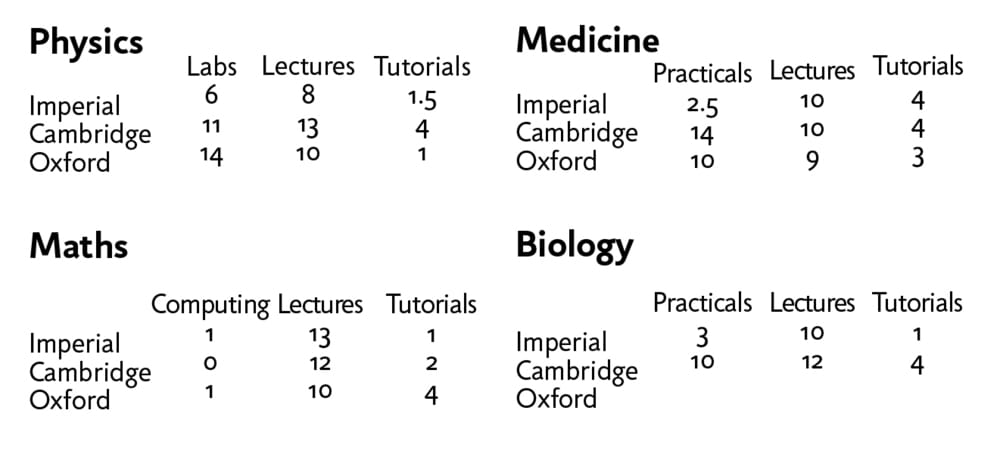
*Disclaimer:
Of course, compulsory hours aren’t completely representative of how much work students at one university do over students somewhere else. It depends on the individual and how much they put into doing lab reports or problem sheets. Interviewing lots of people to find out how much time they spend on independent work would itself take an age so that’s why I’ve only compared contact hours. But in a sense, the work you do independently is proportional to the number of contact hours you have, so this article isn’t a complete waste of time. Figures are for First Year courses.

